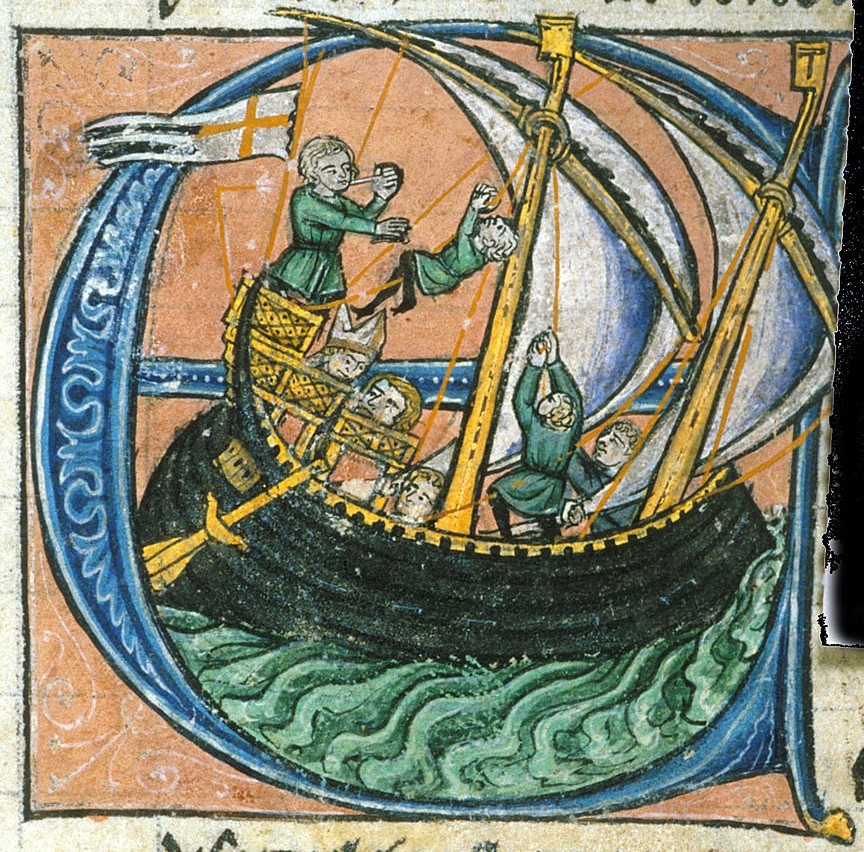
Italoromance as vehicular language in the Mediterranean
Thomas Krefeld, Rembert Eufe, Daniele Baglioni

During the Middle Ages and the Early Modern Period, Italian and other forms of Italo-Romance (in particular Venetian and Genoese) played a significant role as means of communication in the Mediterranean. It resulted from the commercial, military and cultural importance of different states of the Apennine peninsula and the eagerness, agility and expertise of its merchants, soldiers, diplomates, sailors, navigators, artists and others.
In our seminar, we will study the appearance and the nature of these forms of Italo-Romance in sources belonging to different genres of communication (e.g. letters, contracts, testaments, court records, chronicles, travel reports, accounting records, narrative fiction or language textbooks) from all over the Mediterranean. This should permit us to draw conclusions on their use and their status throughout the multilingual communicative space in question.
Furthermore, we will shed light on the linguistic consequences of Italian maritime activities in terms of language contact. While laying out the basic concepts of contact linguistics, we will investigate the mutual influence exerted between Italoromance and the Romance and South Slavic languages of the Adriatic, Albanian, Greek, Ottoman, Turkish and Arabic, taking also into consideration the lingua franca as the most prominent result of these different constellations of language contact.
Allgemeine Beiträge zur Veranstaltung:
Zeige alle in der Veranstaltung veröffentlichten Beiträge.